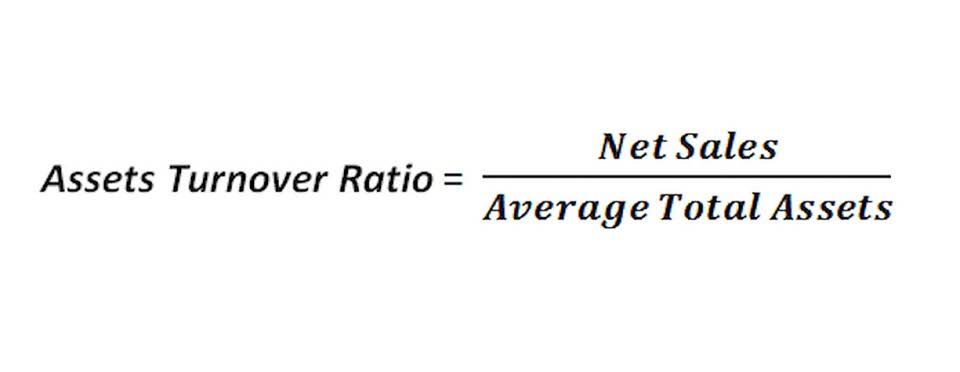
Certified public accountants must follow very high standards of ethical conduct as set forth by the AICPA Code of Professional Conduct and individual state licensing requirements. income statement A 2019 grounded theory qualitative study posed that CPAs remain largely hesitant to serve the cannabis industry primarily because they fear federal prosecution as long as cannabis remains on the DEA’s Schedule I Drug List. The purpose of this research was to determine the perceptions of CPAs regarding providing accounting services to the cannabis industry in states that have legalized cannabis usage. This study investigated whether CPAs would serve the industry, why they might decline to serve the industry, what risks they believe serving the industry posed, and whether they believe serving the cannabis industry would create a moral or ethical issue. The 23% of CPAs that serve the industry were asked what types of services they provide to CRBs.
Top 5 Myths About Working with Cannabis Clients

For example, the Certified Public Accountant should have a thorough working knowledge of Tax Code Section 280E and internal control issues unique to the industry. The Certified Public Accountant should have attended specific industry training or completed continuing professional education (CPE) courses. The CRB should consider how much CPE and how recently the Certified Public Accountant attended the CPE.
Myth 5. MTD for Income Tax will damage my client relationships
Without solid accounting procedures in place, many components required for regulatory compliance will be omitted, leading to a lack of sustainable growth Grocery Store Accounting and (quite likely) high penalties. The case with smaller mom-and-pop companies is that many just have someone in-house (maybe even a family member or friend doing the books), and the CEO believes this is sufficient. One of the biggest mistakes a Cannabis company can make is to assume they can “beat” 280E. Often encouraged by an accountant or lawyer, many Cannabis companies get in serious trouble for attempting to circumvent taxes this way.

Research question 1: will CPAs serve the industry?
- The New Mexico Board of Accountancy (NMBOA), however, did not issue guidance to licensed CPAs indicating approval of this service, and therefore, no CPAs would do the work (Chiang et al. 2019).
- CRBs may look to their Certified Public Accountant to provide them financial guidance much like an out-sourced CFO.
- Only 13.6% of the 23% of participants that do serve the cannabis industry reported that they have a different fee schedule for CRBs that they described as higher hourly rates due to risk.
- In response to the question “Do you or your firm provide services to a cannabis-related business?
- The researchers attempted to draft questions in a neutral tone and to analyze data in an unbiased manner to avoid introducing unconscious bias into the study.
- Colorado and Washington State both maintain publicly available listings of licensed cannabis businesses.
With New Jersey double the size of Colorado in population, and with Colorado being a $2 billion market, you can see this market will likely be very large in New Jersey.
This section collects any data citations, data availability statements, or supplementary materials included in this article. The study was approved by the Colorado Mesa University IRB Board prior to any data collection. 2, where it can be seen that most survey respondents come from urban areas along major transportation corridors. Participants were provided a link cannabis accounting to the survey in SurveyMonkey and asked to complete the survey. To protect the participants’ privacy, no identifying information was collected in the survey. IRB approval was obtained from California Southern University prior to data collection.
Research question 4: do CPAs believe serving the cannabis industry would create an ethical issue?
You can also book a free 30-minute consultation with one of their MTD experts to get advice on segmenting your clients and planning your communications. To give you a head start with your client communications, FreeAgent created useful email templates in our practice preparation guide to help you familiarise your clients with MTD. One myth that has surfaced is that there are no free software options available for MTD, but FreeAgent does provide a free solution. The name of the game for founders and investors is focusing on building brands, growing revenues rapidly, vertically integrating and staying well capitalized. Exit valuations are now based on growth and brand, NOT net income, and will likely be for some time. New Jersey’s Cannabis Regulatory, Enforcement Assistance, and Marketplace Modernization (CREAMM) Act allows for the legal sale and use of cannabis and cannabis products for residents 21 years and older.
Myth #4: Cannabis companies are a gold mine in terms of net income.
In addition, interview responses may be influenced by the interviewer’s presence and some participants may not be “equally articulate and perceptive” (Creswell and Creswell 2018, p. 188). While questions were asked in a neutral tone and data was analyzed without intentional bias, unconscious bias could be present in the study. As an accountant, the solution is to be trained sufficiently in Cannabis accounting, including having a “toolbox” of workpapers and templates to efficiently keep track of records. You also have a responsibility to explain to Cannabis company owners that what they are missing in accounting knowledge could be the undoing of their company – or at least could cause a sizable drop in value. Remaining cash-flow positive and not paying through the nose for taxes or penalties are major pain points for Cannabis companies. You can leverage (and soothe) these pain points when approaching a potential client to prove your value to them on a call.

Current or prospective clients may avoid engaging with a CPA who works in the cannabis industry because they worry that a negative stigma may transfer to them (Hampel and Tracey 2016). Some CPAs may strategize that they are willing to accept such core stigma as part of their business as may be the case for CPA firms who specialize in cannabis clients (Hudson and Okhuysen 2009). Colorado and Washington State both maintain publicly available listings of licensed cannabis businesses. The Colorado Department of Revenue publishes lists of licensed cannabis facilities on their state website.
They also might find themselves in a mess of untrackable financials when reaching out to a future lender or investor, or preparing for a time of exit. Until Cannabis CEOs understand that their practices are often inaccurate and self-damaging (as they likely don’t have access to or an understanding of the cost accounting tools required), they may not understand until they’re slapped with a severe penalty. The truth of the matter is that there are thousands of businesses springing up all over the place, and there are not enough experienced accounting professionals to go around. FreeAgent is on HMRC’s list of compatible software for MTD for Income Tax for businesses and agents. This means that you will be able to use FreeAgent with your small business clients to help them follow the rules of MTD for Income Tax, and make the required tax submissions on their behalf, before the legislation comes into effect. FreeAgent is working closely with HMRC to ensure that they will support MTD for Income Tax submissions for property through FreeAgent for Landlords – a version of FreeAgent’s software that’s built specifically for your landlord clients – before April 2026.

